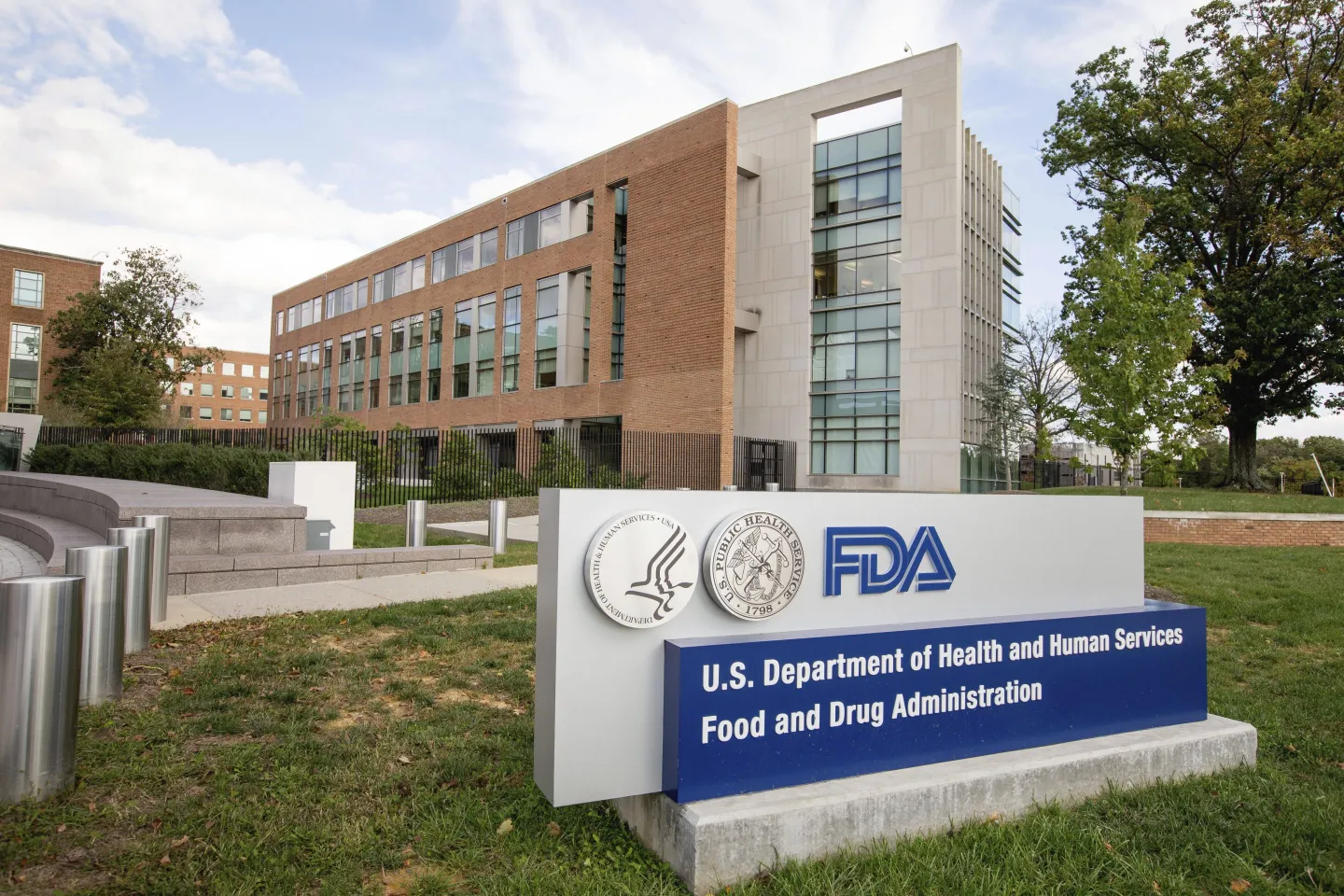The Trump administration, known for its aggressive regulatory cutback policies, had initially targeted what it described as excessive bureaucracy in several federal departments. However, impacts of these reductions were felt far beyond the intended scope. Key personnel in critical areas such as food safety, drug-testing laboratories, and regulatory bodies overseeing medical and pharmaceutical approvals faced significant cuts. These changes have raised concerns about the potential compromises in public health and safety.
The administration argued that these cutbacks were necessary to streamline operations and reduce governmental overhead. The focus was purportedly on trimming administrative fat; however, the reality proved to be somewhat different. Among those affected were scientists working in food and drug-testing laboratories and policy experts involved in the approval process for generic drugs. These individuals play crucial roles in ensuring that the food and drugs available in the market are safe and effective.
In the realm of generic drugs, for instance, policy experts work to expedite the approval process, ensuring that cost-effective medication is readily available to the public. Their role directly impacts market competition and health costs, benefiting millions of consumers who rely on generics for their health care needs. The dismissal of such essential personnel begs the question of whether financial prudence was prioritized over public health.
Scientists in drug and food-testing labs are pivotal in maintaining high safety standards. Through rigorous testing and research, these professionals help in identifying potential risks and averting public health disasters. Their work underpins public confidence in the safety and efficacy of both food products and pharmaceuticals. Scaling back in these critical areas not only risks the integrity of the oversight but also jeopardizes the health of the public.
The broader implications of these cutbacks are significant. With fewer professionals in place to handle the same scope of responsibility, the risk of oversight errors increases. Delays in the approval of new drugs and generics can hinder access to essential medications, possibly exacerbating health issues in the community. Moreover, compromised food safety standards could lead to an increase in foodborne illnesses, with consequential strains on the healthcare system.
These issues spotlight the delicate balance between cost-cutting measures and maintaining essential public services. While fiscal efficiency is critical, ensuring the health and safety of the populace is paramount. The dismissals have sparked a debate about the true cost of regulatory cutbacks and whether the purported administrative savings are worth the potential risk to public health.
In response to these developments, there are calls for a careful re-evaluation of job roles deemed ‘administrative’ versus those that are directly linked to public safety. Stakeholders suggest that a more strategic approach, perhaps focusing on technological integration and efficiency improvements rather than workforce reductions, could be a more effective and less risky method of achieving budget goals.
As the situation unfolds, it becomes crucial for policymakers to assess the long-term impacts of these cutbacks. The health and safety of the public should be the cornerstone of any policy decision in the realms of food and drug safety. The conversation must continue, with a balanced view of both fiscal responsibility and the indispensable role of science and policy experts in maintaining public health standards.










